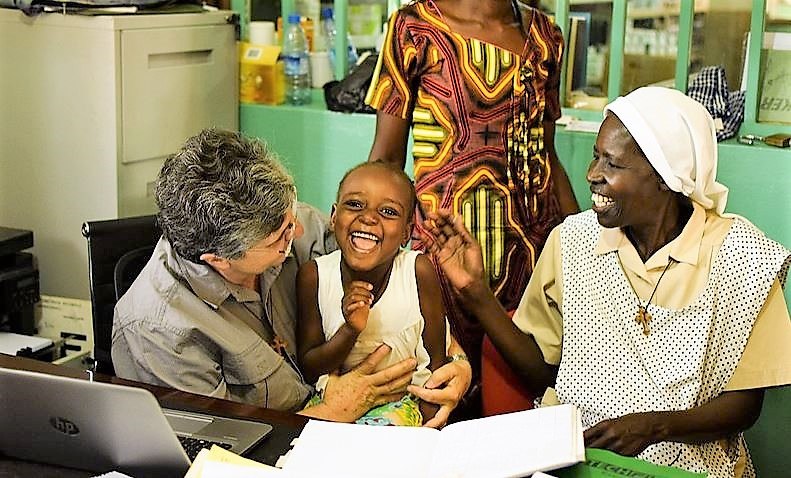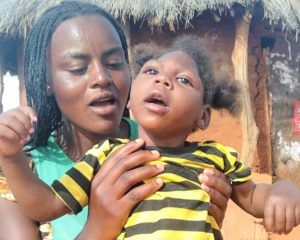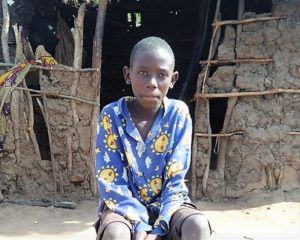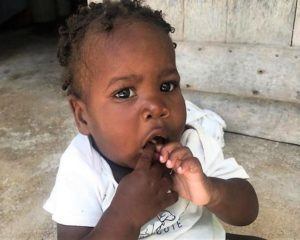In the Service of Others – Your Catholic Weekly Reflection from CMMB
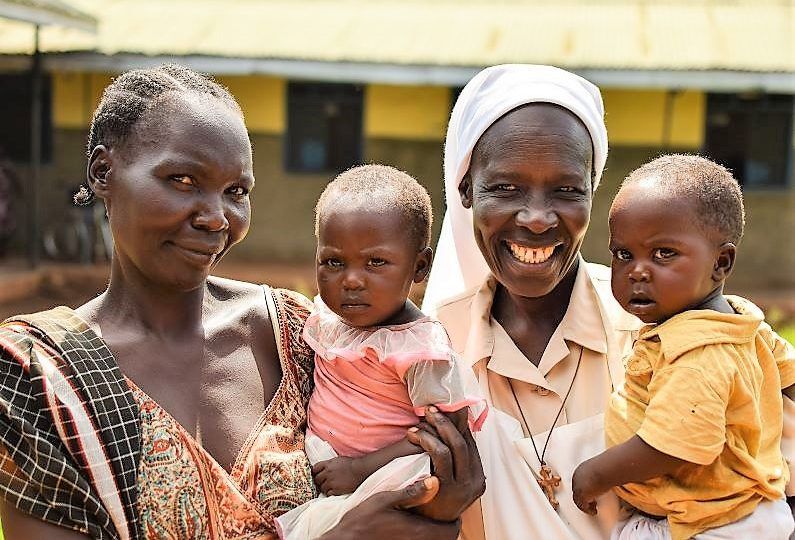
And raising his eyes toward his disciples he said: “Blessed are you who are poor, for the kingdom of God is yours.”
–Luke 6:20
In today’s Gospel, Jesus stands on level ground with all those who have journeyed to hear him, and he teaches the way to happiness. His message surprises and challenges those listening. He speaks of the poor, the hungry, the persecuted – all those often thought to have been forgotten by God. He calls them blessed and says, ‘the kingdom of God is yours.’ And as he describes the blessed, he also issues many warnings to those who feel blessed on earth.
“But woe to you who are rich, for you have received your consolation. But woe to you who are filled now, for you will be hungry. Woe to you who laugh now, for you will grieve and weep.”
—Luke 6:24-25
These messages, these warnings, are ones we continue to be challenged by today. We are bombarded by messages that tell us the more we have, the happier we will be. And despite the regular and very visceral reminders that more does not mean happier, many of us still struggle to live this truth. Jesus asks us to look for joy in the simple acts of giving and helping others, a call that is not always easy to respond to.
One group of people who do respond to this call, and are living and discovering its truth, are women religious. Catholic sisters commit their lives to serving others, many in some of the most challenging places in the world. They act as nurses, educators, administrators, advocates. They deal with limited basic resources, including food, clean water, medicines, and electricity. And too often they receive little recognition.
Today, we share the story of one woman religious, Sister Jane. Sister Jane has dedicated her adult life to caring for the forgotten and the most needy. We learned that her commitment to bettering lives was something that was instilled in her by her mother and father when she was very young—a love of God and service.
For the past three years, she has been the director of nursing at St. Theresa Hospital in Nzara, South Sudan. Here, her first commitment is to care for the sick and the suffering. She explains what led her to South Sudan and what brings her joy:
“It’s important for me to be here because God called me to be here. I didn’t choose it. He chose me. I am freely dedicating my life to care for the sick and the suffering and to help the staff here that are in need. To help them so that they can continue to help others long after I am gone.
Joy looks different for different people. I love to watch a patient who has been very sick get better and then return home healthy and happy. That is the joy that I have, to be at the bedside of that patient and help them recover. That is my joy. I also find great joy in teaching the patients so that when they leave the hospital, they have new ways to prevent illness and disease once they are back home. Hopefully they don’t have to come back to the hospital.”
People like Sister Jane find happiness in sacrifice. They have given up the so-called pleasures of the modern world—tangibles like money and material possessions—pleasures that again and again prove ephemeral, in exchange for the eternal joys of the kingdom of heaven. But what they find, the unexpected perhaps, is that there is enduring joy in serving others, in giving oneself to the poor, the hungry, and the persecuted.
We can all find ways in our own lives to respond to the calling of caring for the poor, the hungry, and the persecuted and in so doing, experience the joy of giving and of service. Remember one of Jesus’ most important messages, ‘‘Amen, I say to you, whatever you did for one of these least brothers of mine, you did for me.’ (Matthew 25:40). May we always be guided by His words, for He is our path to joy and salvation.
In grace and peace,
CMMB/Healthier Lives Worldwide
Today’s reflection was inspired by Loyola Press.
These children are still waiting for their angel.
